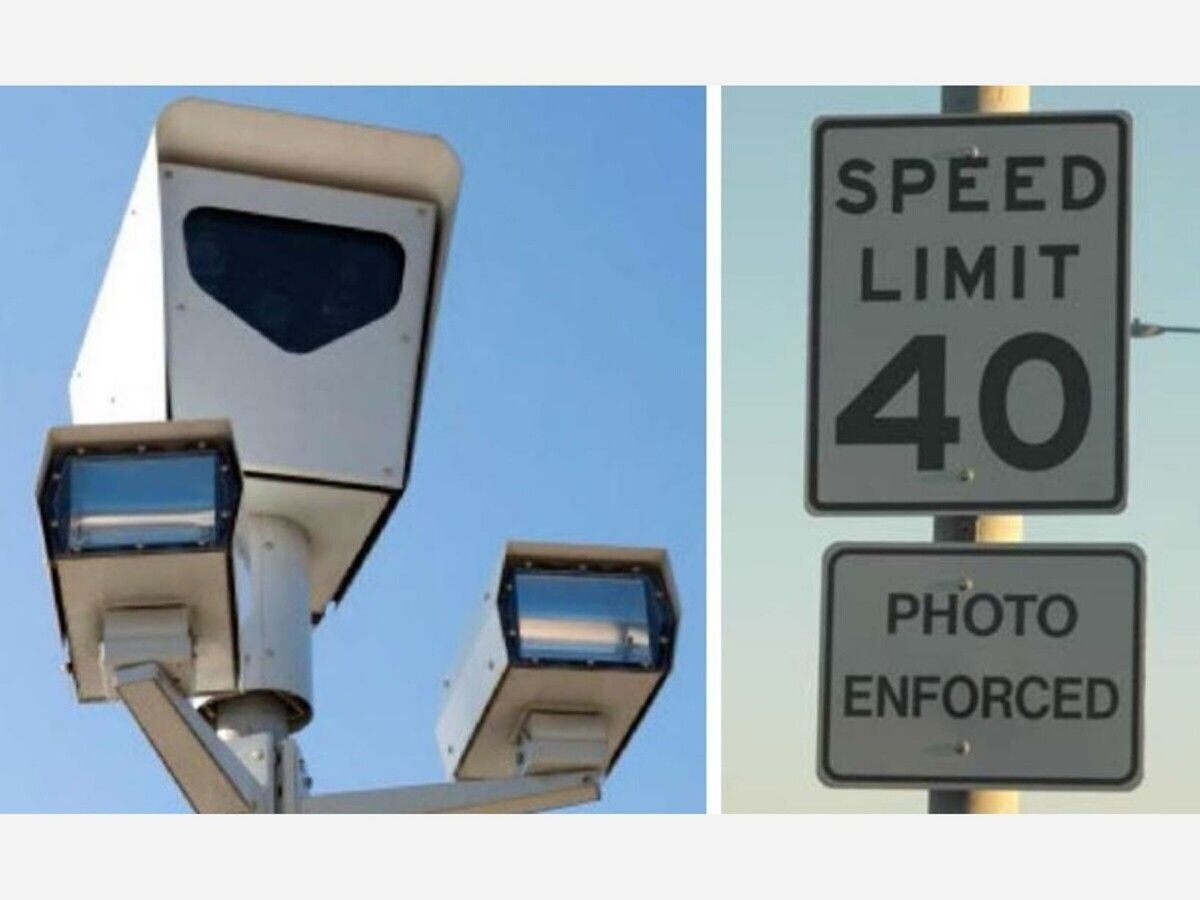Image


In a bold step toward improving road safety, the City of Minneapolis has announced the first five intersections where new automated speed enforcement cameras will be installed as part of a $12 million pilot program under the Vision Zero initiative.
The five high-risk locations—chosen for their history of frequent speeding, pedestrian activity, and crash severity—are:
City officials said these intersections represent areas with some of the highest concentrations of speeding-related crashes and injuries in Minneapolis. The pilot program will run for 18 months, during which time the city will collect traffic data, evaluate the effectiveness of the cameras, and gather community feedback.
The speed camera program is a key component of Vision Zero Minneapolis, the city’s plan to eliminate traffic deaths and severe injuries by 2027. Data from the Minneapolis Public Works Department shows that between 2017 and 2022, over 70% of fatal or severe injury crashes occurred on just 9% of city streets, with speed cited as a primary contributing factor.
“Speeding increases both the likelihood and severity of crashes,” said Minneapolis Public Works Director Margaret Anderson Kelliher. “These cameras are about saving lives, not issuing tickets.”
The cameras will automatically photograph license plates of vehicles traveling more than 10 mph over the posted limit. Violators will first receive warnings during an initial grace period expected to last 60 days. After that, citations will be mailed to the registered vehicle owners, though fines have not yet been finalized.
According to city officials, the camera systems use radar and video technology to detect speeding vehicles in real-time. Importantly, they will not be used to monitor red-light violations or for facial recognition.
The city assures residents that all personal information collected will be protected and only used for traffic enforcement purposes. The program is being administered in partnership with the Minneapolis City Attorney’s Office and the Minnesota Department of Transportation.
As part of the pilot rollout, the city is also launching an equity impact analysis to ensure enforcement does not disproportionately affect marginalized communities. Outreach efforts, including community listening sessions, multilingual signage, and educational campaigns, are scheduled throughout the summer.
“We are committed to using this program in a way that centers racial equity, transparency, and public trust,” said Mayor Jacob Frey. “This isn’t about punishment—it’s about prevention.”
Speed cameras were authorized under a new state law passed by the Minnesota Legislature in 2024, which allows select municipalities to implement automated enforcement with strong privacy and oversight measures in place. Minneapolis is the first city in Minnesota to deploy the technology under the new statute.
While some privacy advocates have raised concerns, supporters argue the cameras will serve as a powerful deterrent against reckless driving and ultimately save lives. Similar programs in other U.S. cities, including New York and Chicago, have shown measurable reductions in speeding and serious crashes near camera locations.
The city expects all five cameras to be installed and activated by late summer 2025. Officials plan to assess the program's effectiveness through monthly traffic reports, enforcement data, and community feedback. A formal report will be submitted to the City Council and state legislators at the end of the pilot to determine whether to expand the program.
For updates, enforcement maps, and information about community meetings, residents are encouraged to visit the official Vision Zero Minneapolis website.